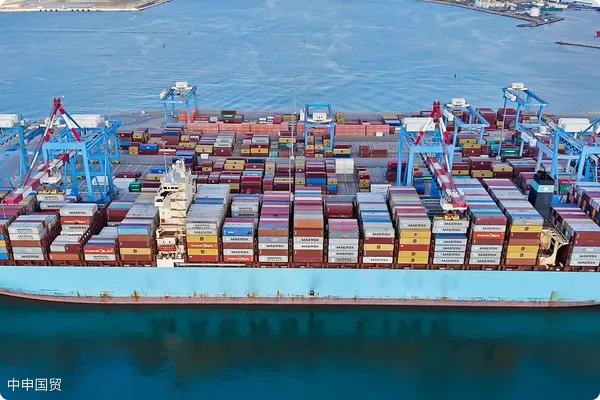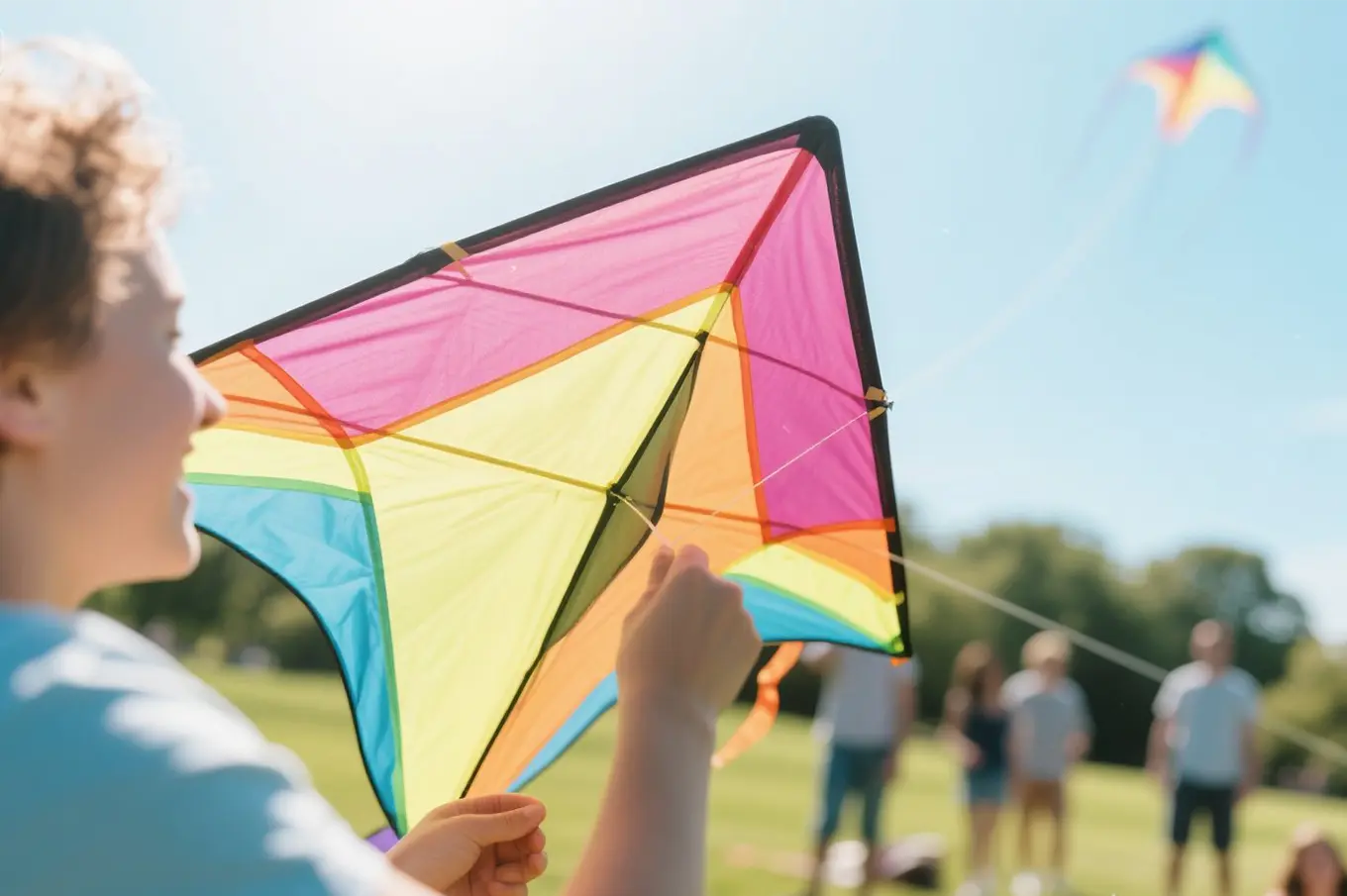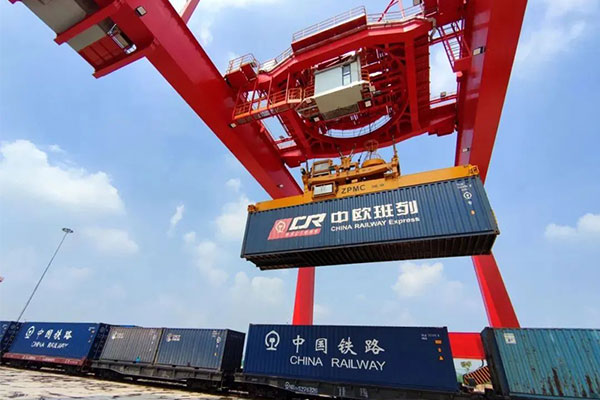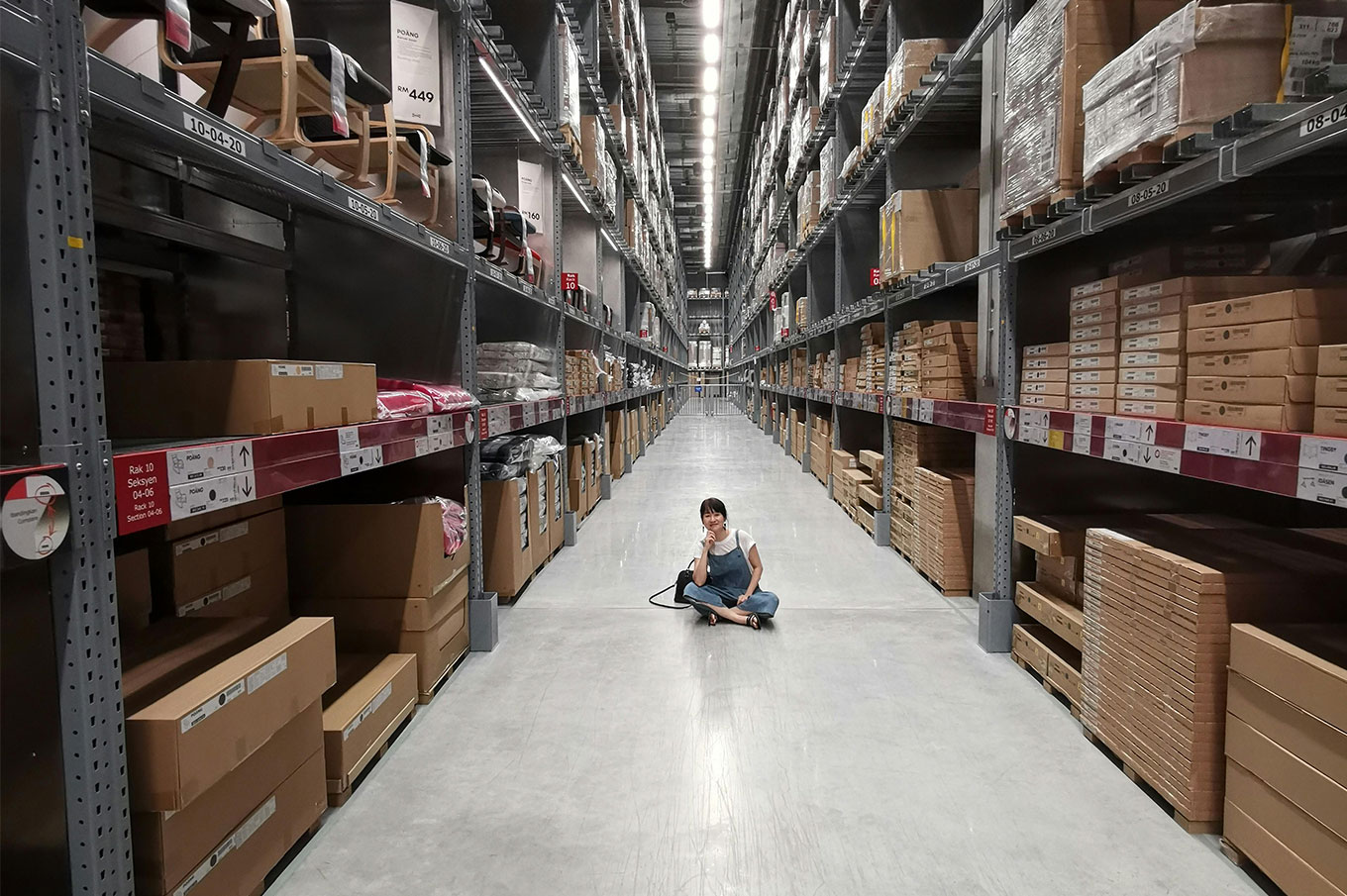- Shanghai Zhongshen International Trade Co., Ltd. - Two decades of trade agency expertise.
- Service Hotline: 139 1787 2118

In the context of the globalized trade pattern, exporting lamps to the Russian market holds huge business opportunities, but at the same time, it also faces a series of strict certification requirements. Understanding and successfully completing these certifications is a crucial step for lamp enterprises to successfully enter the Russian market.
I. Importance of Russian Certification
Russia has a strict supervision system for imported lamps. Its main purpose is to ensure the safety and health of consumers and to ensure that products meet local quality standards. If lamps enter the Russian market without passing relevant certifications, they may face serious consequences such as being detained by customs, fined, or even prohibited from being sold. This will not only cause direct economic losses to enterprises but also damage the reputation of enterprises and affect their future expansion in the Russian market.
II. Common Types of Lamp Certifications
1. GOST-R Certification
– This is the Russian National Standard Certification. For lighting products, it covers multiple requirements including safety and electromagnetic compatibility. For instance, the electrical insulation performance of the luminaires must meet certain standards to prevent electric shock hazards for users; their electromagnetic radiation levels must also comply with regulations to avoid interference with other electronic devices.
– Enterprises need to submit an application to a certification body recognized by the Russian Federation. The certification process typically includes testing of lamp samples, covering items such as but not limited to optical performance like brightness, color temperature, color rendering index, as well as structural stability and fire resistance of the luminaires.
EAC Certification (Eurasian Economic Union Certification)
- With the establishment of the Eurasian Economic Union, the EAC certification has become an essential pass for products circulating in markets of member states, including Russia. Under the EAC certification framework, lighting fixtures must comply with unified technical regulations. These regulations cover energy efficiency standards for lighting fixtures, requiring them to minimize energy consumption while ensuring lighting performance.
The certification process involves document review, sample testing, and factory audits (in some cases). Companies are required to provide technical documents for the luminaires, such as product manuals, circuit diagrams, assembly drawings, etc., to enable the certification body to comprehensively evaluate the performance and safety of the luminaires.
III. Certification Process
Prepare Documents
– The company must first prepare detailed technical documentation for the luminaires, including product specifications, user manuals (Russian version), production processes, etc. These documents will serve as crucial evidence for the certification body to assess whether the luminaires comply with Russian standards.
Select a Certification Body
– Choose a certification body with a good reputation and recognition in Russia. You can make your selection by referring to the official Russian certification body directory or drawing on the experience of peers in the industry. A professional certification body can provide accurate certification guidance and improve certification efficiency.
Submit Application and Sample Testing
– Submit the certification application to the selected certification body and provide the luminaire samples simultaneously. The certification body will conduct comprehensive testing on the samples in accordance with relevant standards. This process may take several weeks or even months, depending on the complexity of the luminaire and the number of test items.
Audit and Certification Issuance
– If the sample passes the test, the certification body will conduct an audit of the enterprise's production quality management system (for certain types of certification). Upon passing the audit, the corresponding certification certificate will be issued, allowing the lighting products to be legally exported to the Russian market.
IV. Strategies to Address Certification Challenges
Plan in Advance
– Lighting fixture companies are planningCompulsory certificationSeek Professional Help
- If an enterprise is not familiar with the Russian certification process, it can seek the help of professional certification consulting companies. These companies have rich experience and professional knowledge and can assist enterprises in preparing documents, selecting suitable certification bodies, and dealing with various problems in the certification process.
– If a company is unfamiliar with the Russian certification process, it can seek assistance from professional certification consulting firms. These firms possess extensive experience and expertise, helping companies prepare documents, select appropriate certification bodies, and address various challenges during the certification process.
- Lamp production often involves multiple component suppliers. Enterprises should ensure that the components provided by suppliers also meet Russian certification requirements. Cooperate closely with suppliers to jointly improve the overall quality of products and the certification pass rate.
– Lighting fixture production often involves multiple component suppliers. Enterprises should ensure that the parts provided by suppliers also comply with Russian certification requirements. Close collaboration with suppliers is essential to collectively enhance the overall product quality and certification pass rate.
In the context of the globalized trade pattern, exporting lamps to the Russian market holds huge business opportunities, but at the same time, it also faces a series of strict certification requirements. Understanding and successfully completing these certifications is a crucial step for lamp enterprises to successfully enter the Russian market. I. Importance of Russian Certification Russia has a strict supervision system for imported lamps. Its main purpose is to ensure the safety and health of consumers and to ensure that products meet local quality standards. If lamps enter the Russian market without passing relevant certifications, they may face...
Related Recommendations
? 2025. All Rights Reserved. Shanghai ICP No. 2023007705-2  PSB Record: Shanghai No.31011502009912
PSB Record: Shanghai No.31011502009912










